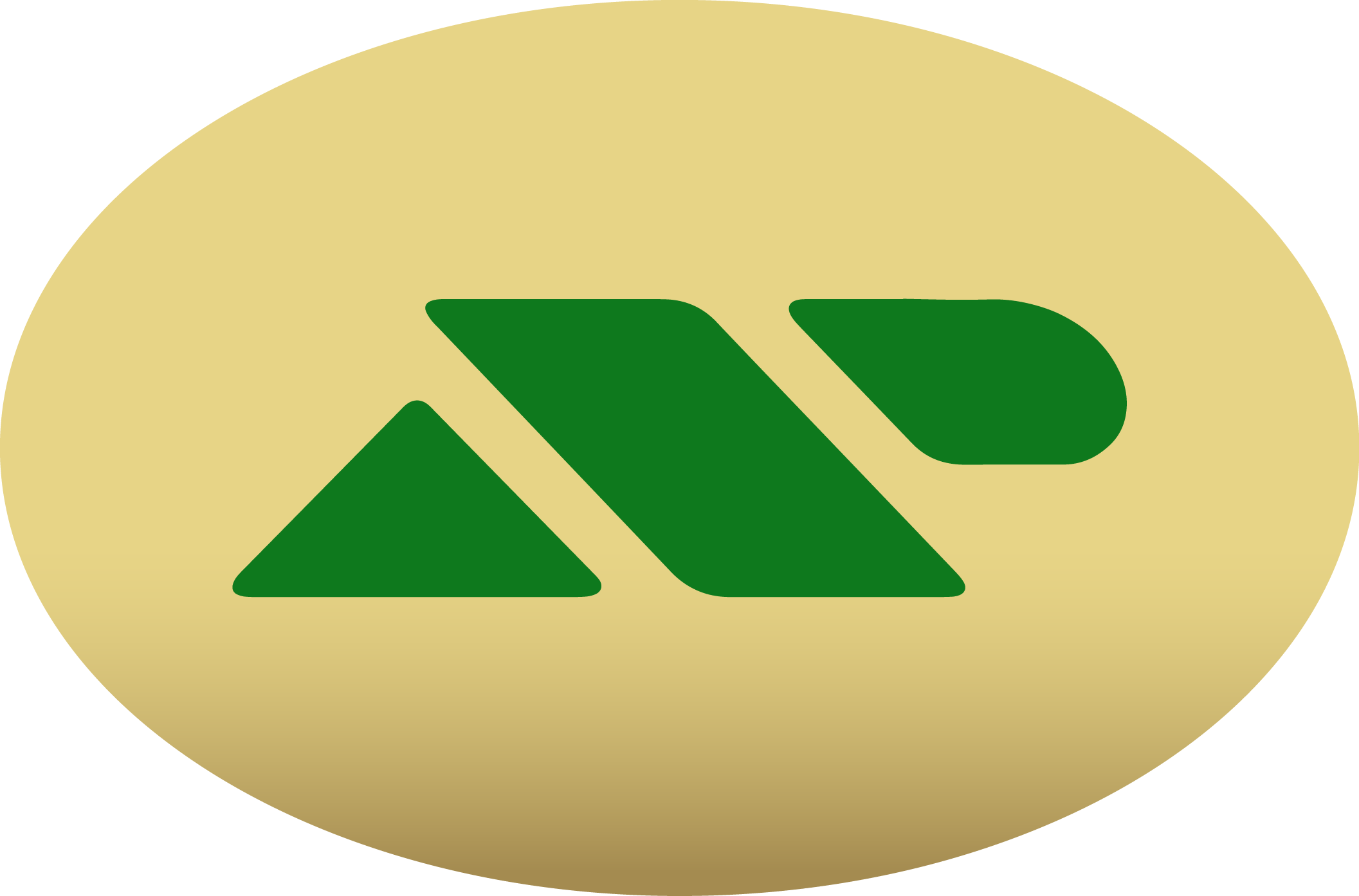- National Registration
- Afghanistan
- Albania
- Algeria
- Andorra
- Angola
- Antigua
- Argentina
- Armenia
- Australia
- Austria
- Azerbaijan
- Bahamas
- Bahrain
- Bangladesh
- Barbados
- Belarus
- Belgium
- Belize
- Benin
- Bhutan
- Bolivia
- Botswana
- Bosnia Herzegovina
- Brazil
- Brunei Darussalam
- Bulgaria
- Burundi
- Burkina Faso
- Cambodia
- Cameroon
- Canada
- Central African Rep.
- Chad
- Chile
- China
- Cape Verde
- Croatia
- Colombia
- Cyprus
- Czech Republic
- Denmark
- Estonia
- Finland
- France
- Germany
- Georgia
- Greece
- Hungary
- Iceland
- Ireland
- Italy
- Kosovo
- Latvia
- Liechtenstein
- Lithuania
- Luxembourg
- Malta
- Moldova
- Monaco
- Montenegro
- Netherlands
- New Zealand
- North Macedonia
- Norway
- Poland
- Portugal
- Russia
- San Marino
- Serbia
- Slovakia
- Slovenia
- Spain
- Sweden
- Switzerland
- Turkey
- Ukraine
- United Kingdom
- United States
- Vatican City
- International Registration
- Global Registration
- Trademark Searches
- Branding
- Management
Forgot Password
National Registration
A national registration is a registration of your trademark only in one specific country.
The national registration is a very good initial step in the endeavor of protecting a trademark and targets, as we said, one specific country.
Therefore, with a national registration, generally speaking, a business will obtain formal power of exclusivity in the country where the registration is obtained. Because of the “territoriality” of trademark registrations, registration in one specific country does not formally give power of exclusivity in any other country at the same time.
To obtain registration in multiple countries one has to file multiple national applications for trademark registration, or file through intellectual property multi-country jurisdictions/organizations. You can read more about such multi-country, intellectual property organizations under the “International Registration” and “Global Registration” tabs.
When possible, filing a multi-country application will obtain registration at once in all the countries that are part of the organization/jurisdiction in which the application is filed. One further way to file an application for registration in multiple countries is that of the so-called Madrid System administered by the WIPO, the World Intellectual Property Organization.
To obtain registration in one country you will have to first select the country from the top menu under “National Registration”. Once you have purchased the national registration service, we will let you provide us with some pieces of information that will be necessary for us to prepare the application for trademark registration in the specific country of choice. Usually, a government filing fee is paid per class/category of products and services mentioned in the application and are identified by the mark. The trademark application does not grant automatically registration. The application usually undergoes an examination by an examiner of the trademark office one applies in. Examiners can raise issues and usually, when they do so, they send a letter to the owner of the trademark or its representative (usually an attorney). In normal circumstances, it is necessary to respond to such letters professionally and timely. If with the professionally prepared response filed the issues are overcome, the application proceed towards registration. The most feared issue that an examiner can raise is a refusal for likelihood of confusion, or when a mark cannot obtain registration by reason of its own nature.
This is why a professionally performed trademark availability search (national, multi-national or even global) is a must before deciding to use the selected trademark. No country trademark office will refund any filing fee if a conflict or un-registrability for other reasons are found.
If you are ready, get started by selecting the country in which you want to file an application for trademark registration from the top menu!



